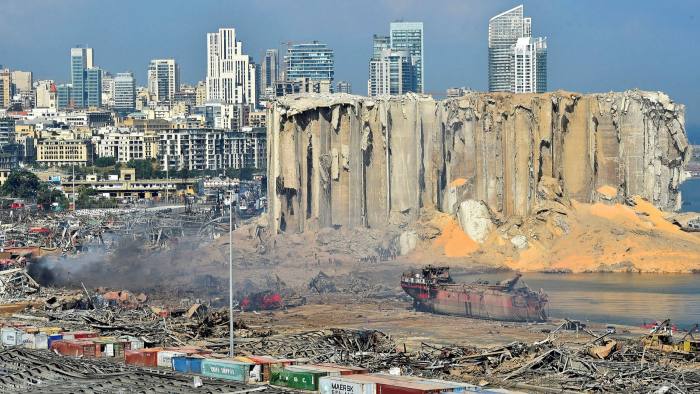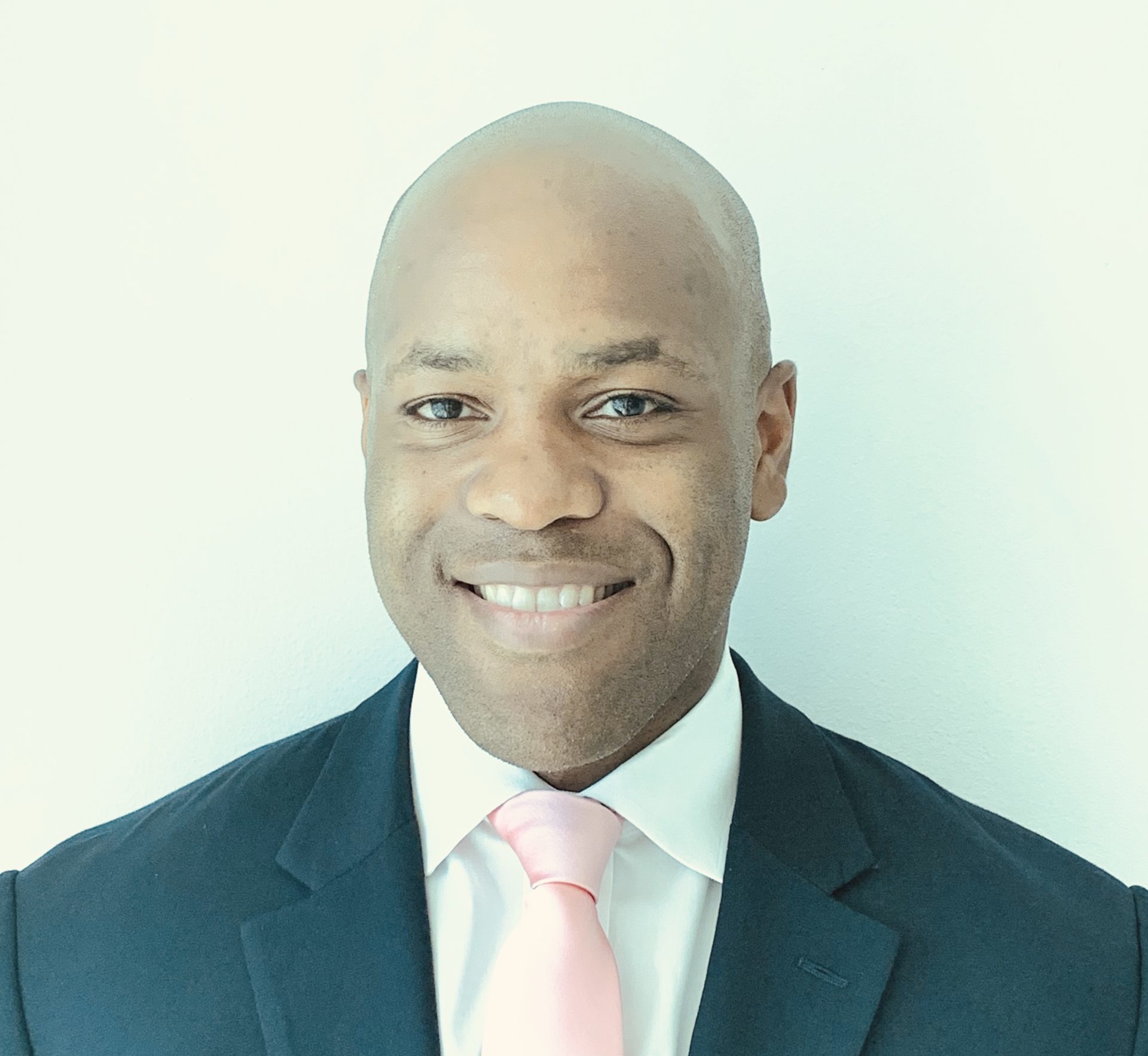
Dispersing with the political and economic remnants of civil war…
This is not Lebanon. This is Lebanon. Maybe both statements are true.
The hope, the destruction, and the hope again…or is it the destruction, the hope, and the destruction again?
Lebanon has long swept its challenges under the rug and celebrated its successes. But the explosion back on August 4th in the port area of Beirut—the capital of Lebanon—, in a figurative and physical sense, unveiled a tomb of hidden treasures and misfortunes of years past. Yet the tragedy of the blast was it not only took so many lives, but its revelations of treasures and misfortunes were not exactly new.
The treasures of Lebanon are its people and culture, and the resilience that keeps the people and culture fastened together. It is hard not to know these treasures or hear about them if you are to know Lebanon and have Lebanese friends. The fears are also known—political induration, economic and financial crisis, and the unavoidable foreign influence—yet they are danced around and skipped over in many conversations. Thus, the mystery of the entire situation is how does anyone, after the explosion, pretend the treasures easily outweigh the misfortunes (especially as the people continue to exit for other countries).
More than four months later, the Lebanese diaspora has returned home for the holiday season to find a country still searching for a new way. Many visiting Lebanese diaspora are young(er), employed and idealistic, looking out at a local public that is increasingly old(er), unemployed, and decreasingly optimistic. This is not how their parents described Lebanon in its past days. The stories of today describe a grim reality on the ground…thus what is to be changed in the country if the stories are to resemble the past optimism of their parents’ tales.
A Civil War Chameleon
The Civil War That Never Ended But Adjusted
More than 45 years ago, in April 1975, the Lebanese civil war broke out. The war lasted 15 years, taking more than 150,000 lives, injuring more than 300,000, and leading to the mass emigration of Lebanese. The end of the war was equally catastrophic with both Israel and Syria making best efforts to control the country. A series of political assassinations and the continuous picking at old political scabs fueled further instability in the country. It was the assassination of former Lebanese Prime Minister Rafiq Hariri on Valentine’s Day in 2005 by a suicide truck bomb in Beirut that ultimately made Syria quit its occupation of the country. A senior member of Hezbollah was convicted for the planning of the assassination by an UN-funded special tribunal in the Hague back in July last year. A new war with Israel would erupt in 2006…for many Lebanese (and Israelis), this was only a continuation of the strained relationship that has soiled regional peace efforts for decades. The uprising in Syria in 2011 further picked at old wounds as Syrian refugees flooded into Lebanon for safety.
Elections and protest movements are equally both synonymous with Lebanese politics and can function as a never-ending extension of the Lebanese civil war. The country existed without a president for about 29 months until October 31, 2016 when the Lebanese Parliament elected Michel Aoun after 40 failed attempts to fill the post. Various political parties undermined previous efforts to fill the vacancy with boycotts that prevented the necessary quorum for a vote. Following the 2016 election, President Aoun reappointed Saad Hariri as prime minister. Hariri previously served as prime minister from 2009 to 2011. He would unexpectedly resign on November 4, 2017 in a televised statement from Saud Arabia with unabated references to Iran and Hezbollah’s interference and influence in the greater Middle East politics and fears of assassination.
Then Hariri, after a series of maneuvers and failed attempts to leave Saudi Arabia, would find his way to France to meet French President Emmanuel Macron and then back to Beirut where he suspended his resignation on November 21st and fully rescinded it on December 5th. Hariri would later announce another resignation in October 2019 following a series of street protests by the Lebanese public against a lack of transparency and accountability in government. He would leave office when Hassan Diab, the former education minister, was appointed to prime minister on January 21, 2020 and then be reappointed as prime minister on October 22nd after Diab resigned following the aforementioned explosion at the port.
Lastly, the most recent parliamentary elections due for 2013 did not happen until May 2018 with the March 8th coalition, a coalition of political parties and independents united by a pro-Syria stance and allied with Hezbollah, taking a majority share of the power. The March 8 Alliance and the March 14 Alliance—a coalition of political parties and independents united by an anti-Syria stance—both formed in 2005 are manifestations of the ongoing alliances from the civil war codified into contemporary Lebanese politics.
The “Slicing the Cake” Nature of Lebanese Politics
Political Power Sharing and Patronage
So many in Lebanon grew up being told that Lebanon’s political system was necessary to protect the country. The UN-brokered Taif Agreement and related agreements following the end of the civil war was explicit in terms with a pre-assigned number of seats in the Lebanese Parliament to each of the different religious groups and sects. Unsurprisingly, political parties have been designed around these groups to ensure political power and mobilize voting blocks. Thus, although more religiously diverse than its Middle Eastern neighbors as well as having a very sizeable Christian population, Lebanon cannot escape the very palpable Sunni-Shia sectarian divide that permeates the politics of other predominantly Muslim nations in the region.
Furthermore, the selection of candidates and subsequent voting is filtered through the same religious lens. Candidates are generally selected along religious fidelity with repeat selection of candidates for parliament by elder Lebanese which generally frustrates young Lebanese. The patronage system for cabinet posts, jobs and so on consequently remain dominated by specific families. Voters, especially younger voters, complain about the results, but the rules generally ensure the same outcome or, at least, prevents things from changing. The “system” also finds strength through continued emigration of talented Lebanese, who, in a figurative sense, are invited to send and spend money in Lebanon to support a fragile economic state but should stay out of politics. As a result, the protestors on the street are increasingly younger and mobilized by weakened social services and a troubled economy, ultimately exhibited by the country’s sovereign default last year.
The apportionment and later subdividing of the spoils of patronage is a rather limited course of action for reversing the sectarian challenges. In other words, the “slicing the cake” style of politics has created an outwardly image of a functioning political system while mistrust percolates among religious sects and the greater Lebanese population. And, as the economic cake and associated positions of political power shrink, it is increasingly hard to find agreement on how to share responsibility and rewards. The pie is also shrinking as state-owned enterprises labor through economic turmoil caused by both mismanagement and the economic demise of the state. In the past, the state could financially engineer higher returns for investors and citizens willing to lend their dollars to the state. Today, both markets and Lebanese citizens are backing away.
The IMF is Not a Miracle Worker
The Deeper Problems and Challenges
Lebanon’s economic challenges are not new. The country has regularly walked a tightrope with its sovereign balance sheet and avoided collapse with some form of financial sticky plaster from Middle Eastern neighbors or the market at the last minute. Yet the sovereign default last year completely exposed the bleeding in the system, with a shortage of foreign currency, an unclear strategy for attracting additional foreign currency, and an unceasing impatience and disdain from the public for the financial system in its entirety. A number of economists inside and outside the country supported the country defaulting on its debt with one common theme underlying their thinking: Lebanon needed to start over from scratch.
Now, from “scratch” is hard unless you can blow up the entire system which is complicated for several reasons. First, decades of extracting income from rent-based sectors, including banking, real estate, and remittances to fund imports and consumption has emptied the coffers of the government as well as frustrated that small group still willing to fund the government. International markets have turned off the tap while neighboring countries show some willingness to finance the country only if that money can come with some political fidelity which Lebanon cannot offer within today’s politics. Secondly, the financial sector, in particular the banks, cannot find the usual support from the Lebanese population. Local Lebanese have lost significant wealth and buying power with the plunge of the Lebanese pound to roughly 8,000 to 9,000 pounds per dollar (versus the peg rate of 1,500) and have been hammered economically by covid-19 at home. Lebanese diaspora outside the country struggle to bet on the resilience and recovery of the country and choose to safekeep their money elsewhere across the globe.
The IMF accordingly will struggle to employ the normal tactics in its reform toolbox. Currency devaluation… already done. Shrink the public sector…that could work but the local population is already combating inflation near 60% and struggling to pay for basic goods and services. Thus, the stripping of subsidies on energy and gasoline alongside food products ostensibly seems impossible today. Lastly, the focus on fiscal consolidation is not necessarily an easily digestible medicinal pill for a country that requires real economic growth, i.e. beyond infrastructure spending at the government level or inflow of dollar bank deposits from Lebanese both of which are unlikely in the short term in today’s environment
“Falling on the Sword” to Save the Country
Looking Back at Turkey in the 2000s and De Klerk in the early 1990s
Lebanon may require the most extreme series of reforms. That said, the likely initiator of such reforms will likely not have long-term political survival. Consider the case of Turkish economic crisis in 2000s. The IMF provided more than $11 billion in loans while the state sold 51% stake of Turkish Airlines with advertisements placed in newspapers to attract buyers. Lebanon will require major loans to fund economic growth as foreign investors—similar to the experience in Turkey in the late 1990s—are reluctant to return to the country today. That said, Turkey became indebted to the IMF and, in the view of some critics, was placed at the mercy of the IMF’s political and social willpower. Additionally, some treasured Turkey state assets were no longer fully owned by the state…privatizing Lebanese state assets is already a delicate subject.
Despite all these efforts in Turkey, the ruling party could not prevent the landslide victory of the AKP led by current Turkish President Recep Tayyip Erdoğan in 2002. This point is to say the system may need its F.W. de Klerk reform moment. De Klerk remains a controversial figure in South African history. He was the leader of the Afrikaner ethnic National Party (disbanded in 1997) yet he also later dismantled apartheid with universal suffrage to the South African population. He would win the Nobel Peace Prize for figuratively falling on the sword for the National Party’s historic wrongs and upending the system that maintained its white-minority rule. Lebanese politics may require several De Klerk moments…absent that, a new inflow of foreign capital or sale of state assets may not be enough to calm the angst of the young Lebanese and beyond, especially if an economic recovery only ultimately reinforces the old political system. Every party runs out of cake to eat and share at some point…or better said, a political system that sustains itself solely on perfectly allocating the spoils of war is bound to continuously falter and ultimately fail unless it can evolve and change (the jury is still out on Lebanon).
